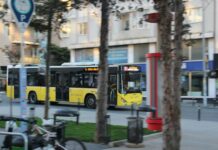Having lived in Istanbul going on a decade, I have seen a lot of people come and go. It becomes almost like clockwork. Every year, you see the fresh crop arrive. They write glowing, enchanting stories about taking the ferryboats across the Bosphorus. They entice us with stories on where to get the best kebab, or kahvaltı. Others submit useful “How-to” pieces, like “How to Get a Residency permit,” or “How to Survive the Taxi Drivers” (hint: avoid them, or let a Turkish companion do the talking).
And of course, there are the ones that are leaving. They give us sentimental, fond accounts, such as “The Things I Will Miss About Istanbul,” or “Why I Am Leaving Istanbul.” These reports give us yet another round-up of all things picturesque: there go those ferryboats on the Bosphorus at sunset, look at the sea gulls, drink your last glass of çay, etc etc.
I’m not tearing these folks down. Their stories are heart-felt, well-researched. They’re not bad writers. It’s just that, for a long-term Istanbullu, they get tiresome. So don’t read them, right? Fair enough.
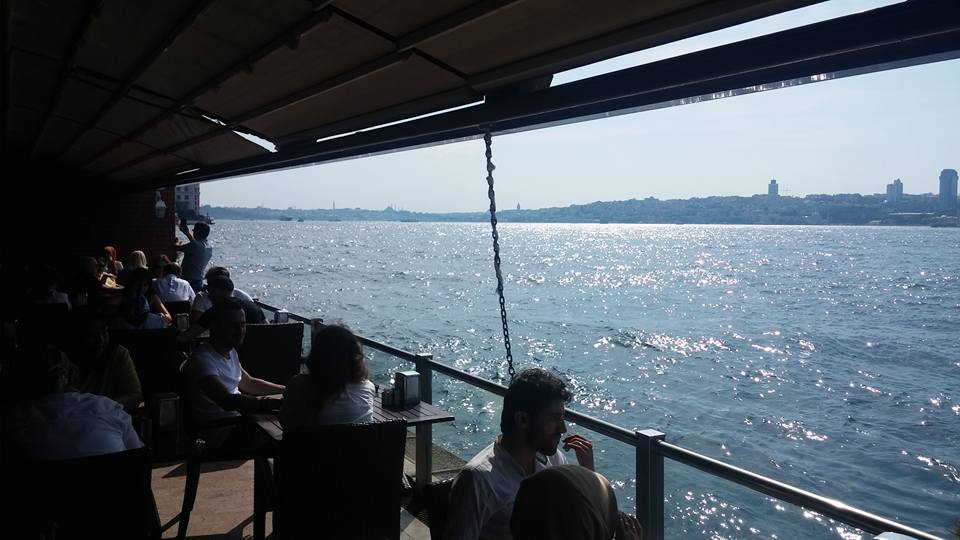
But can we get beyond the Bosphorus? Is there life beyond kebab? (I still love these things, by the way – just as I never tire of the ferryboats and those damned seagulls, and kebab has yet to lose its savor). But how about taking a longer view of things?
The longer you live in Istanbul, the more it becomes like any other big city. To a degree, it is a treadmill, a ceaseless series of daily commutes, exercises of motion, of life between weekends. There are those on the metro, for example, whose faces have become so familiar that I would have no problem starting up a conversation with (and have, on occasion). The streets in far-flung, unsung districts like Sultangazi, Ataşehir, Kartal, Gebze and Florya, become etched in the mind, for in day-to-day life you see them more often than you do the glories of Beyoğlu or Galata Tower.
The longer you live here, the more you see the city as a patchwork of villages. Each village has its share of barbers, butchers, tea cafes, bars if you are lucky, and the inevitable eczaneler, the Şok or Migros supermarkets. You get to know the local proprietors just as you would in any village, and feel less inclined to travel outside of your village. You become more of a homebody – which is vexing in and of itself. You chastise yourself: Come on, man! Look outside – the thousands of years of antiquity, the stories, the legends, whispering beneath every stone, around every corner. Get out there! Go over to Balat, the old Greek neighborhood. You and your wife always say you want to try one of the restaurants over there.
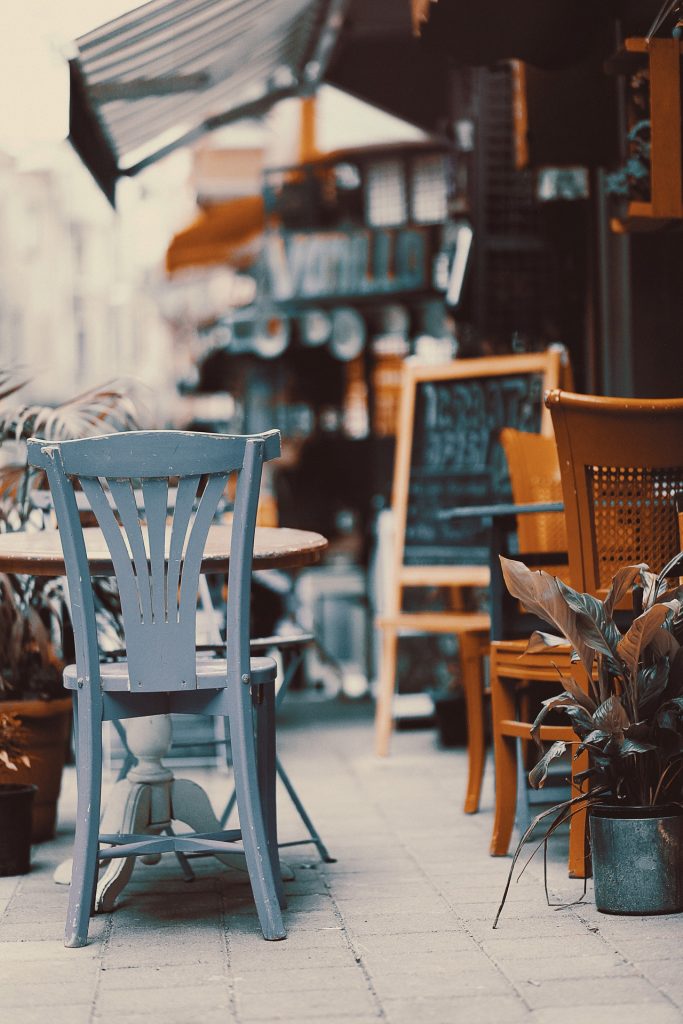
Off ya! Maybe next weekend, you say, and go back to binge-watching “Narcos.” At best, next weekend you and your friend Ömer meet up for a few beers, and he brings you up to speed on the work and domestic front. How was his business trip to Ukraine? Fine, though much of the time was spent in meetings, so there wasn’t much time for sight-seeing.
My wife Özge and I recently moved to Üsküdar, and are still getting adjusted, having lived the past few years in Koşuyolu. Bear in mind, Koşuyolu is just ten minutes up the road, and yet already it seems far away, as far away as Thailand. For years, in Koşuyolu we had almost everything we needed. Being homebodies, I suppose, we rarely felt the need to go to Kadıköy or Taksim. There was the Kardeşim Kebab, where we had a solid Iskender and the ever-reliable Adana kebab, not to mention some pretty respectable baklava. Of course the bars, such as Public House, were like most Istanbul bars nowadays – overpriced, with bad techo playing loudly, and seemingly a new genç garson every other week. But like most Istanbullus, we have learned to just drink at home most of the time. It’s cheaper, you can choose your own drinking soundtrack, and you needn’t interrupt the genç garson from his Candy Crush to bring you another pint.
Here in our new neighborhood, there are virtually no bars – it’s Üsküdar, remember? Of course, there are the many bars of Çarşı beckoning in Beşiktaş, just an eight-minute ferryboat ride away, so we’re not bereft in that department. As compensation, we have a rather large balık pazarı. As for everything else, we’re set. I get my haircut at Şile Saray, a Black Sea-style barber shop. If you want you can sit there all day, or at one of the nearby Kardeşim cafes, where all the old guys sit and read newspapers and watch the news or football. Yep, tea cafes and coffee shops aplenty. There’s the McDonald’s in case you get a sudden Big Mac attack (you do find yourself occasionally tiring of Turkish food, as incredible as that sounds).
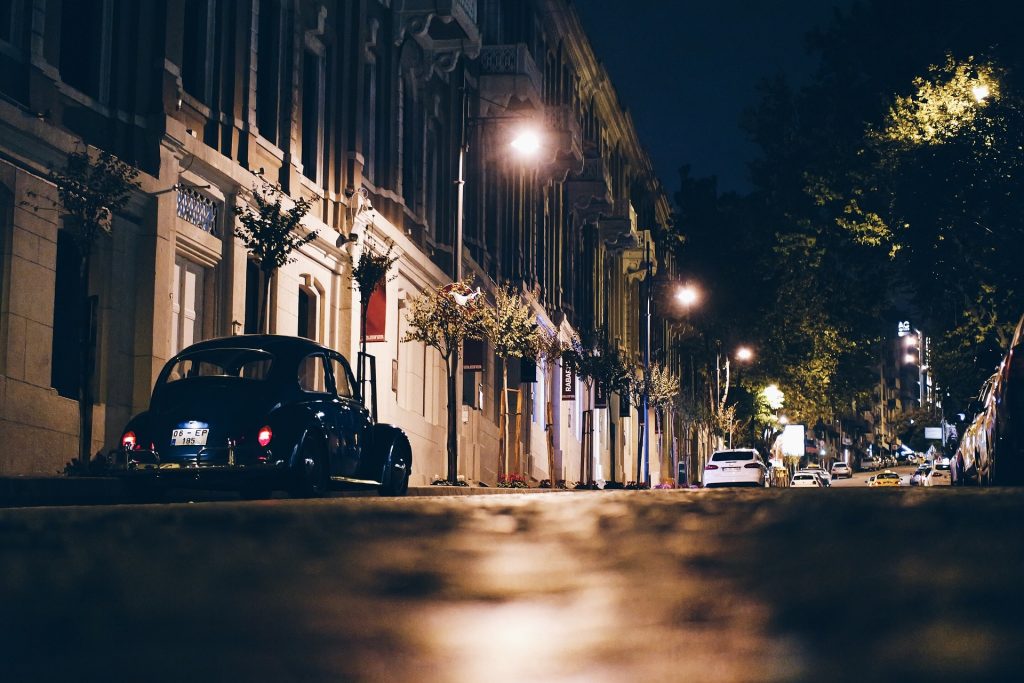
My point is, the longer you live here, the more repetitive it gets, the city’s rhythms work their way into your bloodstream, your bones. I suspect that is why many expats leave – perhaps they never wanted to settled down here, so they flee the encroaching ennui and head to the next attractive outpost, or else home and apply for grad school. Or they get down on the “politics”.
Don’t get me wrong. I like their enthusiasm, their style. I envy their youth and energy. The way they can stay out all night in Taksim, trying out their freshly learned “Çok güzel!” Turkish on charmed locals, whirl about in taxis from one end of the city to the other, take pre-dawn photos from the iskele, and no doubt fall in love. My heart goes out to them.
Theirs is the Istanbul of youth, of gap years, of Erasmus programs. Mine is the Istanbul of marriage, middle age and settling down. As a writer, I perhaps cringe at their naivete, but envy their passion, the way the whole city is for them endlessly ancient and new. It’s a little like the Dennis Quaid character in the classic coming-of-age film, “Breaking Away.” Quaid plays a local living in a college town. “You know why I hate them?” he asks, referring to the college kids. “It’s because every year, I’m going to get older. But them? They’re just going to keep on getting younger.”
So have I, in writing this, positioned myself in the unfortunate position of grizzled, (bitter?) old-timer? Probably. Or that I have adopted some sort of badge of superiority? Hardly, not with my still-suspect Turkish (I know – ten years, James?). At times, a simple errand, a miscommunication with a bus driver, will make it seem like I just got here yesterday. Or I will catch myself bemoaning the traffic, or “Turkish organization, or lack thereof,” like the greenest expat. One step forward, three steps back.
No, I have lost none of the feelings that these new arrivals express in such literary abundance. Our new apartment is just up the hill from the Bosphorus, and the new morning commute invites me each day to glance out at the calmness of the waters at that hour, the ferryboats just getting under way. I still feel its charm. Reaching the foot of the hill, racing step for step with other Istanbullus, the site of the far away mosques at Sultanahmet, and the Galata Tower, and the skyscrapers reaching out over the hilltops never cease to command my gaze. But we’ve seen these wonders countless times. We have work to do, we just continue on toward the metro.
As a writer yourself, you might think that it’s dangerous, the risk of becoming disenchanted with Istanbul, to lose the sense of adventure and novelty that so endears foreigners to the city. Quite the contrary. Getting past the picturesque, the stuff that has been over-written about, you learn to adjust your gauge. You focus more on what’s happening around you, and develop relationships. You begin to notice trends and patterns, swells and ebbs – in the politics, sure, but also in the mundane details. The completion, for example, of a new sidewalk that runs along the coastal road across the street from the ferry station. A small thing, but for locals it means you don’t have to cross over to the seaside and fight the tourists for walking space. Let them take their photos, you can just walk home.
You notice the rises in prices – 12 percent over the past year? Hell, you can remember when a bottle of fresh milk cost 1 lira, now it’s 5 TL. The other day, walking through Yeldeğirmeni, you remember how run-down it was when you lived there five years ago. Nowadays, it is home to thriving cafes, freshly painted buildings. It’s even become a bit gentrified.
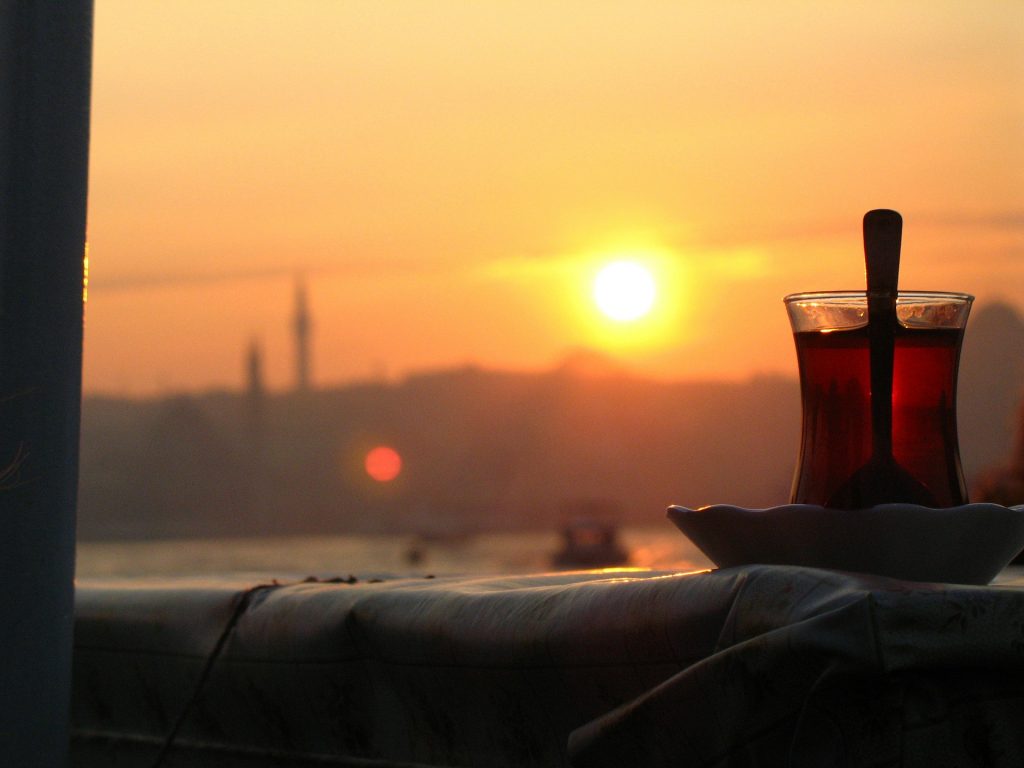
The Syrian refugees who used to camp outside the shopping mall at Ayrılık Çeşmesi, or sit with their placards along Ritim. You don’t see them now, and wonder where they went, until you see some of them working in cafes, or hear from a Syrian colleague that many found work in factories for 400 lira a month, are living in cramped, overcrowded apartments.
Increasingly common nowadays, you see places you used to frequent boarded up, gone, like a certain bookshop on Istiklal you used to go and browse, or a cafe off Bahariye Street that served your menemen just the way you like it, not too runny.
Or you remember that dark night, two years ago, the sound of fighter jets buzzing over your apartment, the tanks on the bridges, the locals in your neighborhood lining up outside the lone-open bakkal to snap up water and food, not knowing if their country was being taken over by the army or not. And then waking up the following day, seeing the strange aftermath, and knowing that the coming days, weeks, months and even years were going to be very different.
But there are the good changes too. You run into an old student who has just got married, or had a baby, or started a new job. That Kurdish guy Çetin and his brother Bülent, who opened up a tekel eight years ago with barely anything on the shelves, and when you pass by it now, you see it has become the biggest, most successful tekel in the neighborhood. How about that? A story on the success of these two Kurdish brothers?
What about your wife? What about the new apartment, the terrace with the garden? You never dreamed you would be able to live in such a place. I mean own, not rent. And then there are your in-laws down on the south coast, and your Turkish nephew, who is learning to play the piano.
These things don’t necessarily make for headlines or clickbait, but they mark the passage of time nevertheless, and perhaps in a way that is more profound than the remains of walls and cisterns. They can be more satisfying and enriching than the latest survey of köfte joints. So if you plan to stay in this great city, or even marry it, as I seem to have, my advice would be: take your photos of the Bosphorus, eat your köfte, then get beyond them. Stick around. Not everything you see will be exciting, or picturesque – some of it will be quite the opposite – but that’s true, I find, of every marriage.
Post Script: Speaking of the Mrs, that evening several hours after I wrote this, we were walking up the hill past our apartment to get some things from the local market. Turning around to catch the sunset over the Bosphorus, I thought about this story. I told my wife how I had encouraged people who really want to learn about the city to get beyond the Bosphorus.
She laughed.
“Beyond the Bosphorus? Beyond the Bosphorus there is nothing!”
Well, what can I say, reader? She’s the boss. Don’t listen to old-timers like me, I guess. Set your own course.
James Tressler is a writer and teacher. He has written several books about Istanbul, including a short story collection, “Inside Voices,” published last year on Lulu.com.

